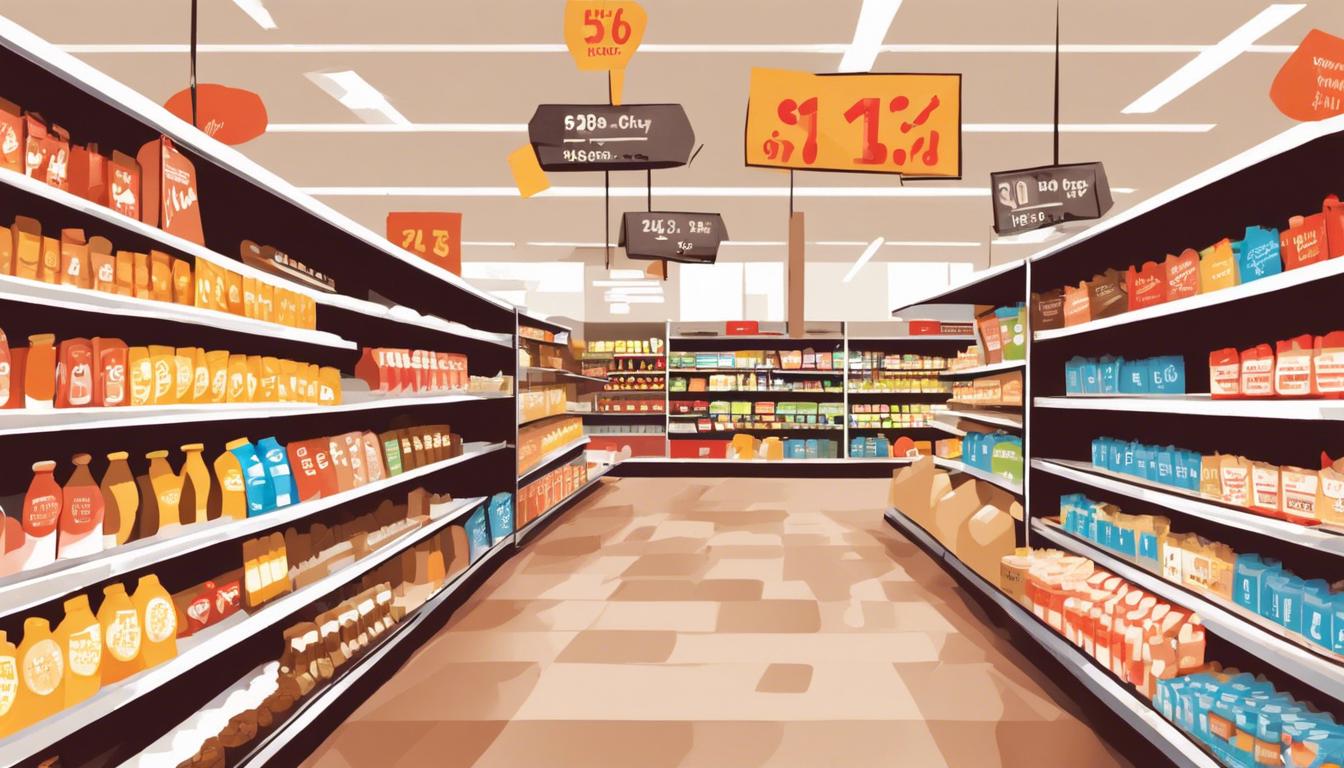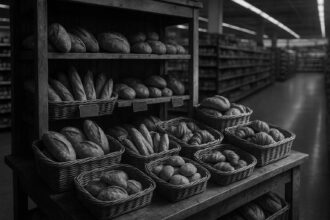The UK sees a slowdown in food price inflation to 1.3% in March 2024, the lowest in over two years, but upcoming national living wage increases and new EU border checks could reverse this trend.
In March 2024, the UK witnessed a significant slowdown in food price inflation, with the British Retail Consortium (BRC) reporting a 1.3% increase, a reduction from February’s 2.5%. This marked the slowest rate of increase in over two years, largely due to a decrease in the cost of dairy products and chocolate, as well as competitive pricing strategies implemented by retailers ahead of Easter. Despite this slowdown, food prices remained 3.7% higher compared to the previous year.
Helen Dickinson, the Chief Executive of the BRC, indicated that while global commodity prices have decreased, factors such as wages, energy costs, and post-Brexit regulations might lead to a potential increase in inflation during the second quarter of the year. The rise to £11.44 per hour in the National Living Wage, benefiting over 2.7 million low-paid workers, and high job vacancies in the retail sector have influenced consumer prices as well.
Amidst the cost of living crisis, British consumers have shown a commitment to ethical shopping, with the Fairtrade Foundation’s income increasing to £13m last year. The Foundation, celebrating its 30th anniversary, continues to grow despite economic challenges and competition from other ethical certification schemes. This trend highlights a consumer preference for sustainability and fair treatment of workers, with Fairtrade supporting millions of farmers and workers globally.
Furthermore, the BRC has warned that the implementation of border checks on goods imported from the EU at the end of April 2024 may lead to an increase in food prices due to new regulatory requirements. Despite the UK Government’s efforts to secure new trade agreements, uncertainties remain due to delays in reaching a free trade deal with America and the economic impacts of Brexit. Upcoming measures, including the rise in the National Living Wage and new border checks, are expected to contribute to the inflationary pressures on shop prices.













